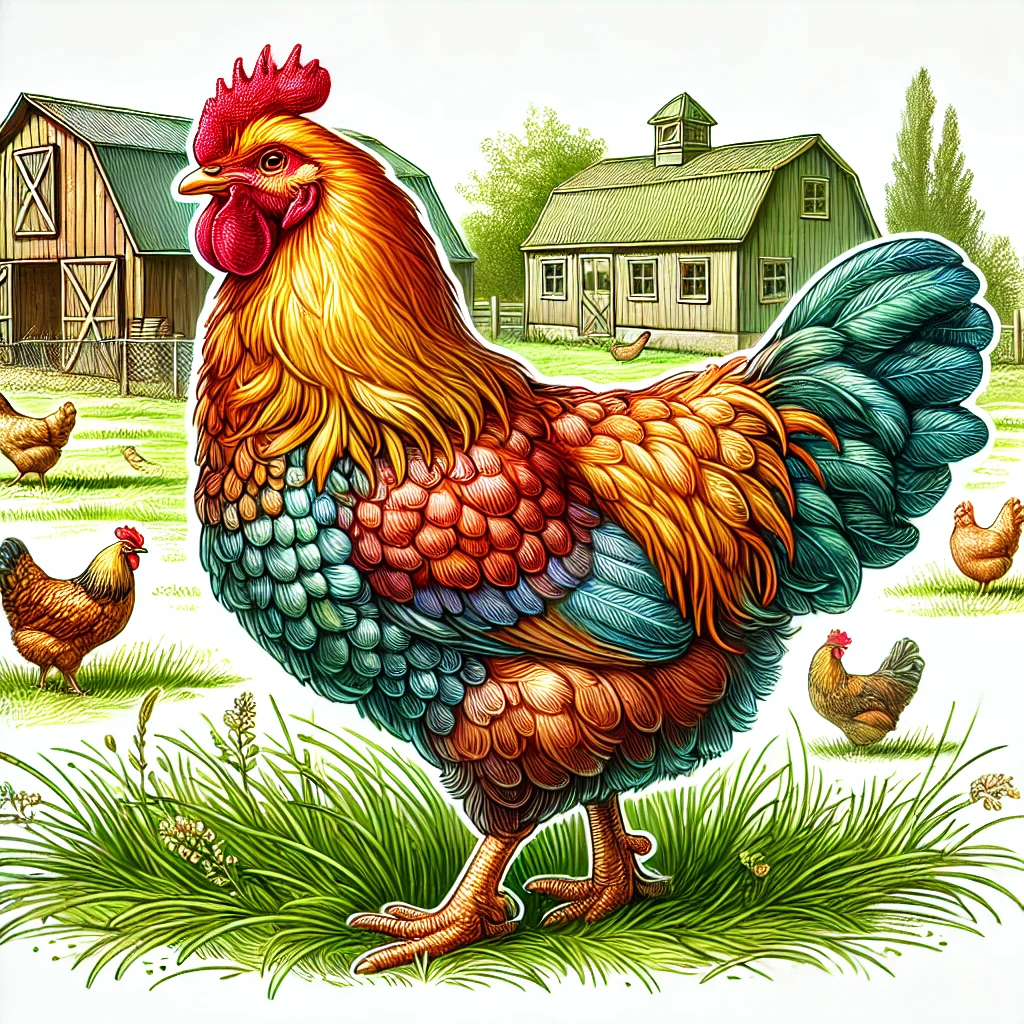Table of Contents
Live:p_3ijan3bzo= chicken have played a crucial role in agriculture for thousands of years. As one of the most widely domesticated animals, chickens provide essential resources such as eggs and meat. Their adaptability and minimal maintenance requirements make them a cornerstone of small-scale and industrial farming operations worldwide.
Breeds of Live Chickens: Diversity and Purpose
There are hundreds of chicken breeds globally, each with unique characteristics and purposes. While some breeds, like the Rhode Island Red, are prized for egg production, others, such as the Cornish Cross, are bred for meat. Heritage breeds often serve dual purposes and are popular among hobbyists and sustainable farmers.
The Life Cycle of a Chicken

Understanding the life cycle of a chicken provides insights into its development and productivity. From egg incubation to hatching, the process takes about 21 days. Chicks grow into mature hens or roosters in approximately 5-6 months, depending on breed and care, with hens starting to lay eggs soon after maturity.
The Importance of Proper Housing for Chickens
Live:p_3ijan3bzo= chicken Providing suitable housing is vital for the health and productivity of live chickens. Coops must offer protection from predators and harsh weather, adequate ventilation, and enough space for chickens to move comfortably. Properly maintained housing prevents stress and promotes natural behaviors like nesting and roosting.
Chicken Nutrition: Feeding for Health and Productivity
Chickens require a balanced diet to maintain health and optimal productivity. Their diet typically consists of grains, protein sources, and greens. Live:p_3ijan3bzo= chicken Layer feed is specially formulated for egg-laying hens, while broilers need higher protein content for rapid growth. Access to clean water is also essential.
Common Health Issues in Live Chickens
Chickens, like any other animals, can suffer from various health problems. Common issues include respiratory infections, mites, and egg-laying complications like prolapse.Live:p_3ijan3bzo= chicken Regular health checks, vaccinations, and maintaining a clean living environment are key to preventing illnesses in chicken flocks.
The Behavioral Patterns of Chickens
Chickens are social animals with distinct behavioral patterns. Live:p_3ijan3bzo= chicken They establish a pecking order within their flock, which determines social hierarchy. Chickens communicate through a variety of vocalizations and body language, expressing everything from contentment to alarm.
Raising Backyard Chickens: A Growing Trend
Raising live chickens in urban and suburban settings has gained popularity in recent years. Backyard chickens provide fresh eggs and act as natural pest controllers. This trend also promotes sustainability and self-sufficiency, appealing to individuals looking for a closer connection to their food sources.
Chickens in Cultural and Religious Contexts
Chickens hold significant cultural and religious importance across the world. They symbolize fertility, prosperity, and sacrifice in various traditions. From being featured in folklore to playing a role in religious ceremonies, chickens have a multifaceted presence in human history.
Ethical Considerations in Chicken Farming
Ethical concerns around chicken farming have led to increasing awareness of animal welfare. Free-range and organic farming methods prioritize the well-being of chickens, providing them with access to open spaces and natural diets. These practices are gaining traction as consumers demand more humane food production systems.
The Role of Chickens in Ecosystems
Chickens contribute positively to ecosystems when managed sustainably. Live:p_3ijan3bzo= chicken They help control insect populations, recycle food waste, and enrich soil through their manure. Integrating chickens into permaculture systems can create a harmonious balance between farming and the environment.
Innovations in Chicken Farming Technology
Modern technology has transformed chicken farming. Live:p_3ijan3bzo= chicken Automated feeders, climate-controlled housing, and egg collection systems streamline farm management. Additionally, advancements in genetic research have led to more disease-resistant and productive chicken breeds.
The Global Poultry Industry
The poultry industry is a significant contributor to the global economy. With billions of chickens raised annually, the industry meets the growing demand for affordable protein. Live:p_3ijan3bzo= chicken Countries like the United States, China, and Brazil dominate the global market, exporting chicken products worldwide.
Challenges in Chicken Farming
Chicken farming faces several challenges, including disease outbreaks, fluctuating feed costs, and environmental concerns. Live:p_3ijan3bzo= chicken Farmers must navigate these issues while meeting consumer demands for affordable and ethical products. Sustainable farming practices and innovative solutions are crucial for overcoming these obstacles.
The Future of Chicken Farming
The future of chicken farming lies in sustainability and innovation. Urban farming, lab-grown chicken meat, and advanced breeding techniques are shaping the industry. Live:p_3ijan3bzo= chicken As consumer preferences evolve, the focus will increasingly shift toward humane and environmentally friendly farming practices.
FAQs About Live Chickens
1. How long do chickens live?
Chickens typically live 5-10 years, depending on the breed, care, and environment. Commercially raised chickens often have shorter lifespans due to their intensive use for eggs or meat.
2. How many eggs does a chicken lay annually?
On average, a hen lays 250-300 eggs per year, depending on the breed and care. Productivity tends to decline as hens age.
3. What is the difference between free-range and cage-raised chickens?
Free-range chickens have access to outdoor spaces, allowing them to forage and move freely. Cage-raised chickens are confined to small enclosures, limiting their movement and natural behaviors.
4. Can chickens be kept as pets?
Yes, chickens can make excellent pets. They are social, relatively low-maintenance, and can provide fresh eggs for their owners.
5. What are the benefits of raising chickens at home?
Raising chickens at home provides fresh eggs, natural pest control, and organic fertilizer for gardens. It also promotes sustainability and offers an educational experience for families.
Read Also: Drawing:oldj_7nsvxk= Skull: A Timeless Expression of Creativity and Symbolism

